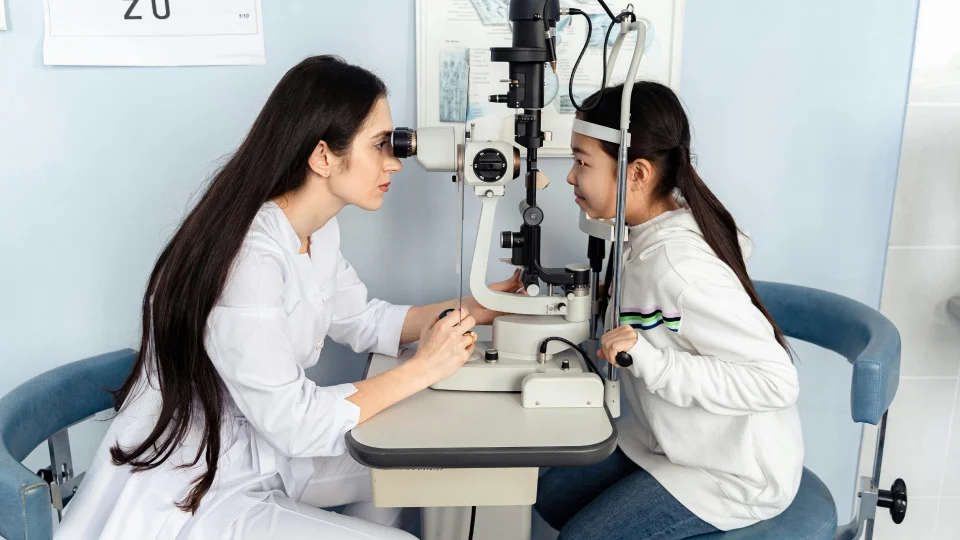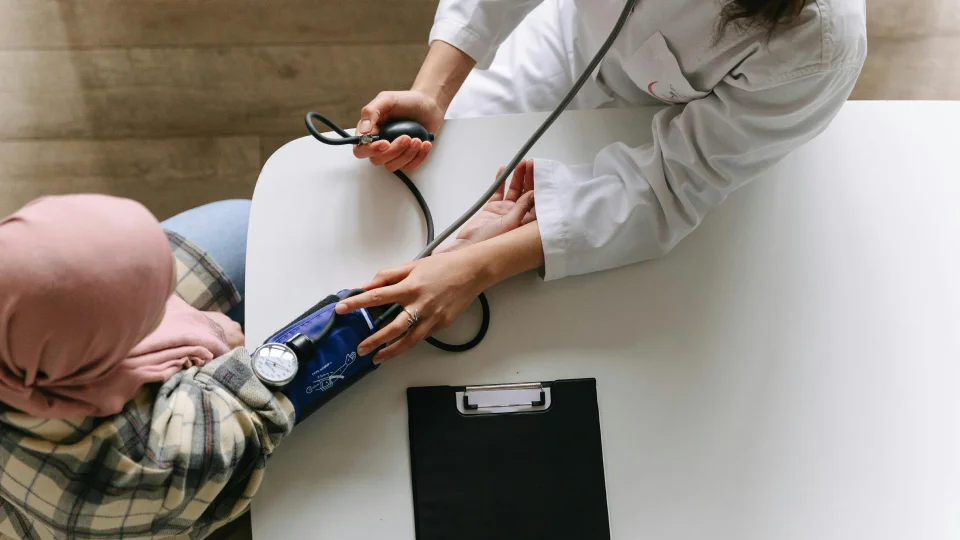Understanding Common Digestive Disorders and How a Gastroenterologist Can Help
Digestive disorders can significantly impact daily life, causing discomfort, inconvenience, and sometimes serious health issues. A gastroenterologist specializes in diagnosing and treating conditions related to the digestive system, including the esophagus, stomach, intestines, liver, pancreas, and gallbladder. Below, we explore some common digestive disorders and how a gastroenterologist can assist in managing them.
Common Digestive Disorders
-
Gastroesophageal Reflux Disease (GERD)
GERD is characterized by frequent acid reflux, where stomach acid flows back into the esophagus, causing heartburn and irritation.
Symptoms: Heartburn, regurgitation, chest pain, and difficulty swallowing.
Treatment: Lifestyle modifications, medications, or surgery in severe cases. -
Irritable Bowel Syndrome (IBS)
IBS is a chronic condition affecting the large intestine.
Symptoms: Abdominal pain, bloating, diarrhea, or constipation.
Treatment: Dietary changes, stress management, and medications tailored to symptom relief. -
Celiac Disease
This autoimmune disorder is triggered by gluten consumption, damaging the small intestine.
Symptoms: Diarrhea, weight loss, fatigue, and malabsorption.
Treatment: A strict gluten-free diet and monitoring for nutrient deficiencies. -
Inflammatory Bowel Disease (IBD)
Includes Crohn’s disease and ulcerative colitis, which cause inflammation in the digestive tract.
Symptoms: Persistent diarrhea, abdominal pain, fatigue, and weight loss.
Treatment: Medications to reduce inflammation, dietary adjustments, or surgery if necessary. -
Gallstones
Solid particles that form in the gallbladder, often due to an imbalance in bile components.
Symptoms: Sudden intense pain in the abdomen, nausea, and vomiting.
Treatment: Medications or surgical removal of the gallbladder. -
Peptic Ulcers
Sores that develop on the lining of the stomach or small intestine due to H. pylori infection or prolonged use of NSAIDs.
Symptoms: Burning stomach pain, bloating, and nausea.
Treatment: Antibiotics, acid blockers, and protective medications.
How a Gastroenterologist Can Help
- Comprehensive Evaluation: Gastroenterologists use advanced diagnostic tools like endoscopy, colonoscopy, and imaging studies to identify underlying issues accurately.
- Tailored Treatment Plans: Based on the diagnosis, they design personalized treatment plans to address specific symptoms and root causes.
- Nutritional Guidance: Many digestive disorders require dietary modifications, and gastroenterologists often collaborate with dietitians to ensure optimal nutrition.
- Preventive Care: Regular screenings, such as colonoscopies, help detect and prevent serious conditions like colorectal cancer.
- Advanced Interventions: In severe cases, gastroenterologists can perform minimally invasive procedures or recommend surgical options when necessary.













4 Comments
Anna Brown
Thanks for this great post!
cmsmasters
Always happy to be of service.
Mia Queen
These are very Useful and Informative content! Thanks.
cmsmasters
Happy to be of service.